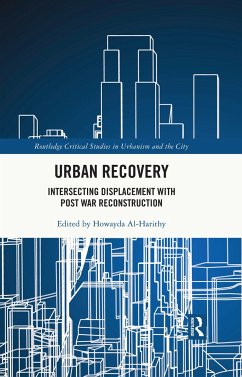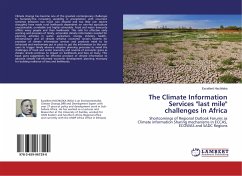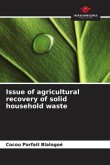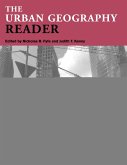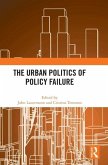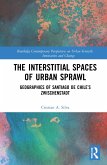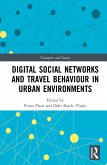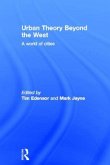This book calls for re-conceptualising urban recovery by exploring the intersection of reconstruction and displacement in volatile contexts in the Global South. It explores the spatial, social, artistic, and political conditions that promote urban recovery. Reconstruction and displacement have often been studied independently as two different processes of physical recovery and human migration towards safety and shelter. It is hoped that by intersecting or even bridging reconstruction with displacement we can cross-fertilize and exploit both discourses to reach a greater understanding of the notion of urban recovery as a holistic and multi-layered process. This book brings multidisciplinary perspectives into conversation with each other to look beyond the conflict-related displacement and reconstruction and into the greater processes of crises and recovery. It uses empirical research to examine how trauma, crisis, and recovery overlap, coexist, collide and redefine each other. The core exploration of this edited collection is to understand how the oppositional framing of destruction versus reconstruction and place-making versus displacement can be disrupted; how displacement is spatialized; and how reconstruction is extended to the displaced people rebuilding their lives, environments, and memories in new locations. In the process, displacement is framed as agency, the displaced as social capital, post-conflict urban environments as archives, and reconstructions as socio-spatial practices. With local and international insights from scholars across disciplines, this book will appeal to academics and students of urban studies, architecture, and social sciences, as well as those involved in the process of urban recovery.
Hinweis: Dieser Artikel kann nur an eine deutsche Lieferadresse ausgeliefert werden.
Hinweis: Dieser Artikel kann nur an eine deutsche Lieferadresse ausgeliefert werden.

